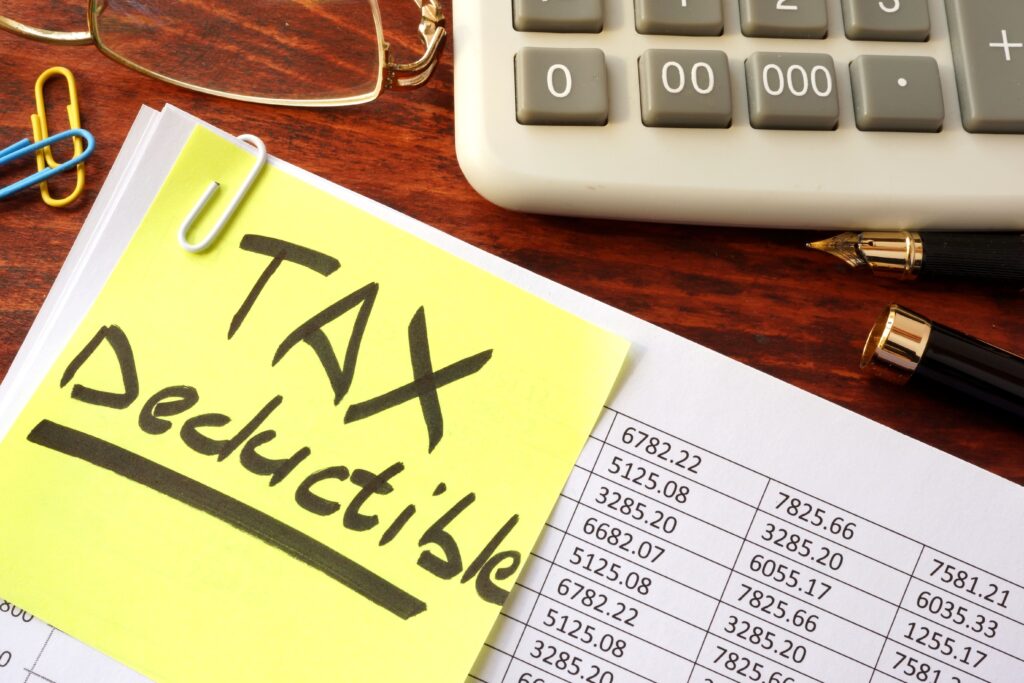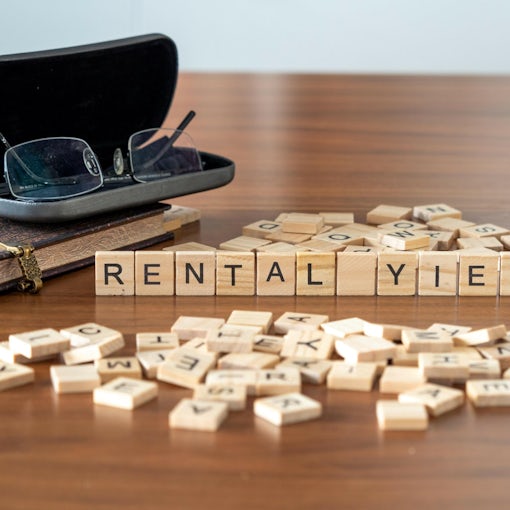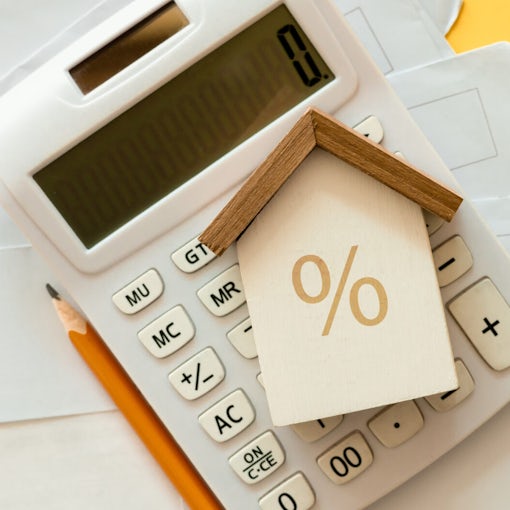Owning a rental property or even multiple properties can be a very profitable business venture, but, as with any earnings, there is the matter of tax to be paid. In this article we specifically look at self-employed landlord’s tax liabilities and whether repairs can be deducted from the revenue profits and not attract a tax liability.

What tax might a self-employed landlord pay?
Typically, a self-employed landlord will have some sort of tax liability in the 4 following areas:
- Stamp Duty Land Tax when purchasing the property
- Income tax on rental revenue profits
- Council Tax when the property is empty
- Capital gains tax when selling the property.
In this article we focus on the income tax element of a self-employed landlord’s tax liability.
What is a self-employed landlord’s income tax liability?
For a landlord acting as a self employed individual the taxation is governed under the Income Tax (Trading and Other Income) Act 2005. The HMRC is only interested in the income overall so whether a landlord has 100 properties or just one, HMRC will only look at overall profit and not that from individual properties. The way the tax is calculated is quite simple. It is the total revenue minus allowable expenses.
What are allowable expenses?
There is no definitive list of allowable expenses, but they are broadly categorised into the following 5 categories:
- Legal & professional – Legal services for a re-mortgage, valuation fees, mortgage broker fees, landlord safety certificate costs, tenancy agreement costs, letting agent fees, admin cost to close a mortgage, membership fees to a professional body.
- Repair, maintenance & renewals – repairs to the property, redecoration costs, appliance repair charges, plumbing, electrical repairs, etc
- Rent, rates, insurance, ground rents, etc – landlord insurance, council tax charges and ground rents if your property is a leasehold.
- Cost of services provided, including wages – cleaning etc.
- Other expenses – Telecom charges, utility bill costs, computer and accounting software, advertising costs and ancillary office purchases required to run your business.
The HMRC have a really handy rental property toolkit, which helps explain the self-assessment process for tax purposes.
What repairs are classed as tax deductible?
For the purposes of tax, work on a property is classified in 2 ways: Repair and improvement. A repair is classed as a revenue expense and an improvement is classed as a capital expense. Revenue expenses can be offset against income reducing your tax liability. Capital expenditure can’t be offset.
Repair vs Improvement
The difference can often be quite subtle, but essentially repairs are tasks like repainting, fixing plumbing, repointing or even mending the roof. Essentially any activity that puts the property back to where it was before the repair was required. An improvement is something like an extension which changes and adds value to the property.
Some other examples of a repair are:
- Repairing broken windows
- Mending furniture
- Dealing with rot and damp
Tax is a complex matter and fundamentally repairs made to a rental property are tax deductible for self-employed landlords. It would make sense to seek the advice of a tax professional when completing an annual tax self-assessment to ensure that expenditure is being properly allocated.
This article is for general guidance only and should not be relied upon. Landlords should seek professional guidance when dealing with tax matters.






